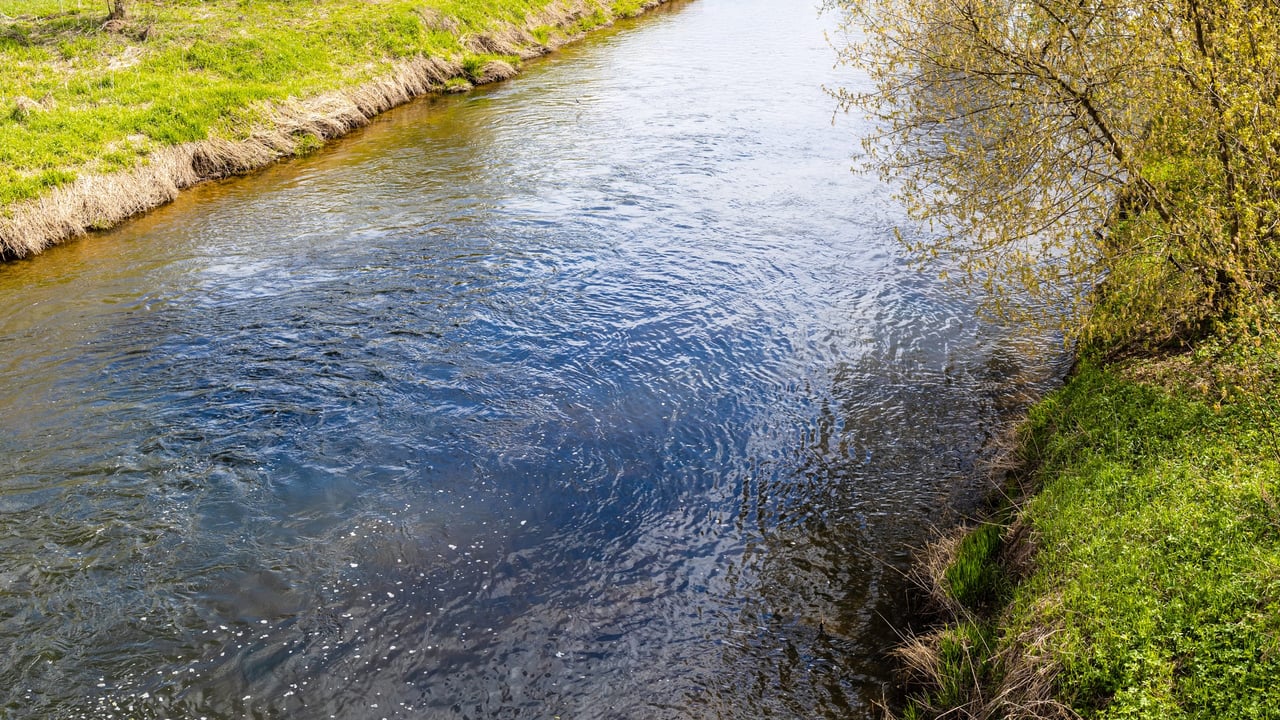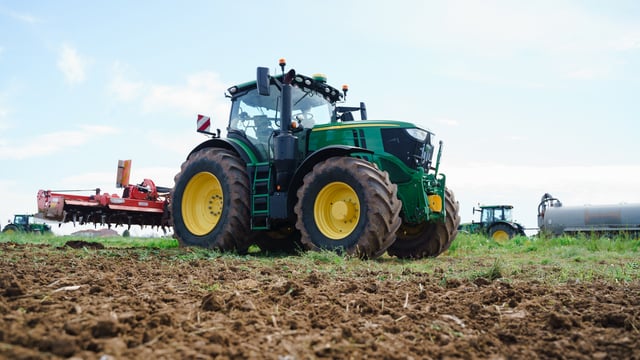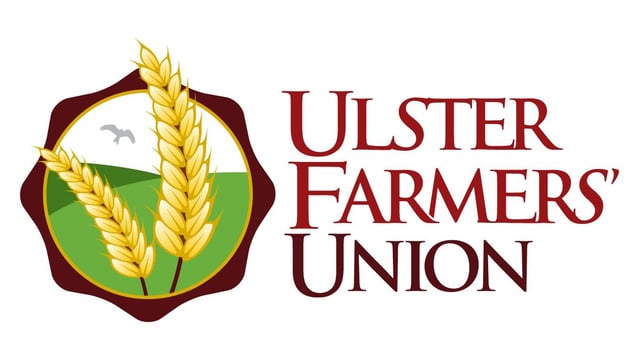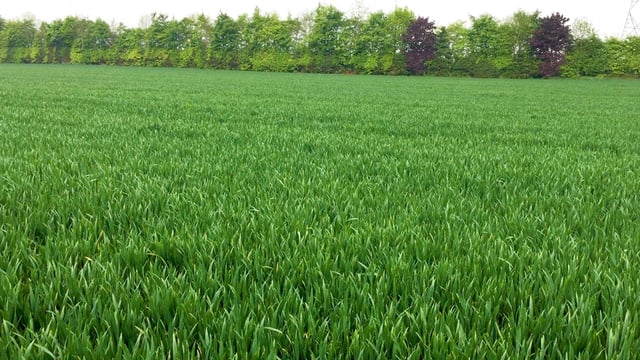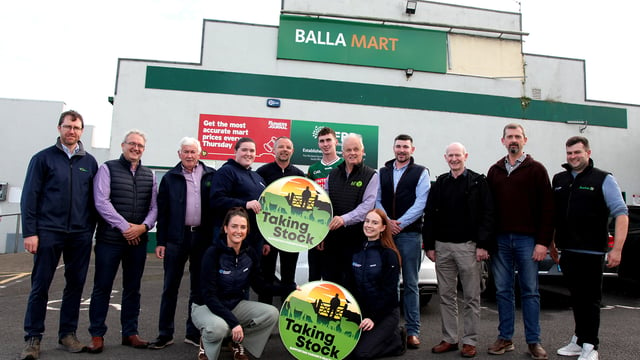Irish water quality 'static' with persistent pressures from agriculture - report
Water quality in Ireland has remained static "with persistent pressures primarily from agriculture, hydromorphology, forestry and sewage discharges" a new report shows.
According to the European Environment Agency’s (EEA) comprehensive State of Environment 2025 report "biodiversity remains under threat and the state of nature is very poor" in Ireland.
The report details that "85% of Ireland’s protected habitats and almost one third of protected species of flora and fauna having an unfavourable status".
"Over half of native plant species are in decline and more than 50 bird species are of high conservation concern.
"Significant measures are needed to address declines," it urges.
The new report is an analysis of the current state and on the outlook for Europe's environment, climate and sustainability, based on data from across 38 countries.
Overall it highlights that "significant progress" has been made in reducing greenhouse gas (GHG) emissions and air pollution, but it also warns that the overall state of Europe’s environment is "not good, especially its nature".
The report advocates "stepping up implementation" of policies and longer-term sustainability-enabling actions already agreed to under the European Green Deal.
Leena Ylä-Mononen, EEA executive director, has cautioned that Europe "cannot afford to lower our climate, environment and sustainability ambitions".
Environment 2025 report
Specifically in relation to Ireland the report highlights that air quality here is among Europe’s best and meets EU standards.
However in 2023 GHG emissions were below the 1990 baseline for the first time and projections show that Ireland will fall short of its 42% reduction target for 2030.
The report also outlines that food systems are not currently meeting sustainability targets, although "positive actions are being implemented at the farm level".
"Ireland needs to speed up the transformation of its energy, transport, food and industrial systems to become more sustainable.
"In this context, Ireland has set a national objective to transition to a climate-resilient, biodiversity-rich, environmentally sustainable and climate-neutral economy by 2050," it states.
According to the Commissioner for the Environment, Water Resilience and a Competitive Circular Economy, Jessika Roswall, the new report is "a clear call to action to continue to cut pollution, restore nature and protect biodiversity".

